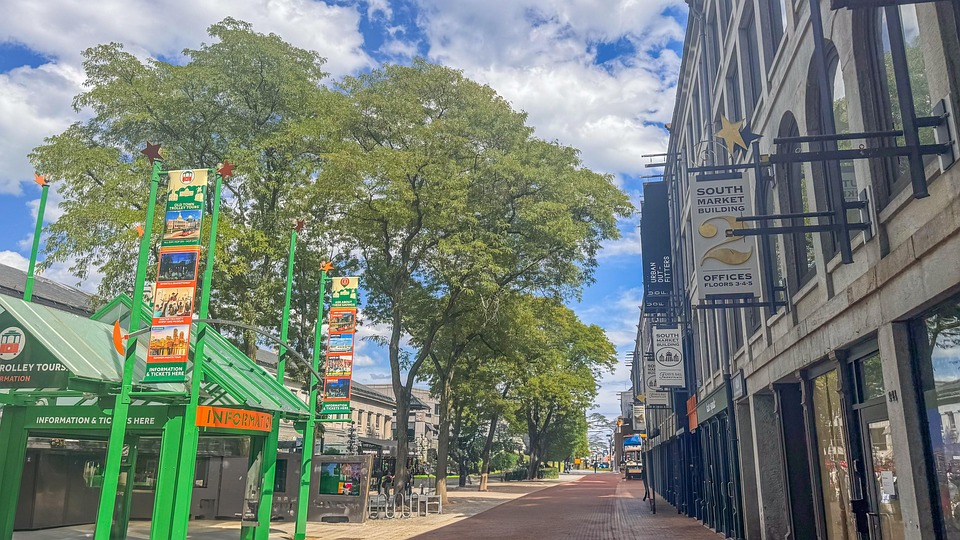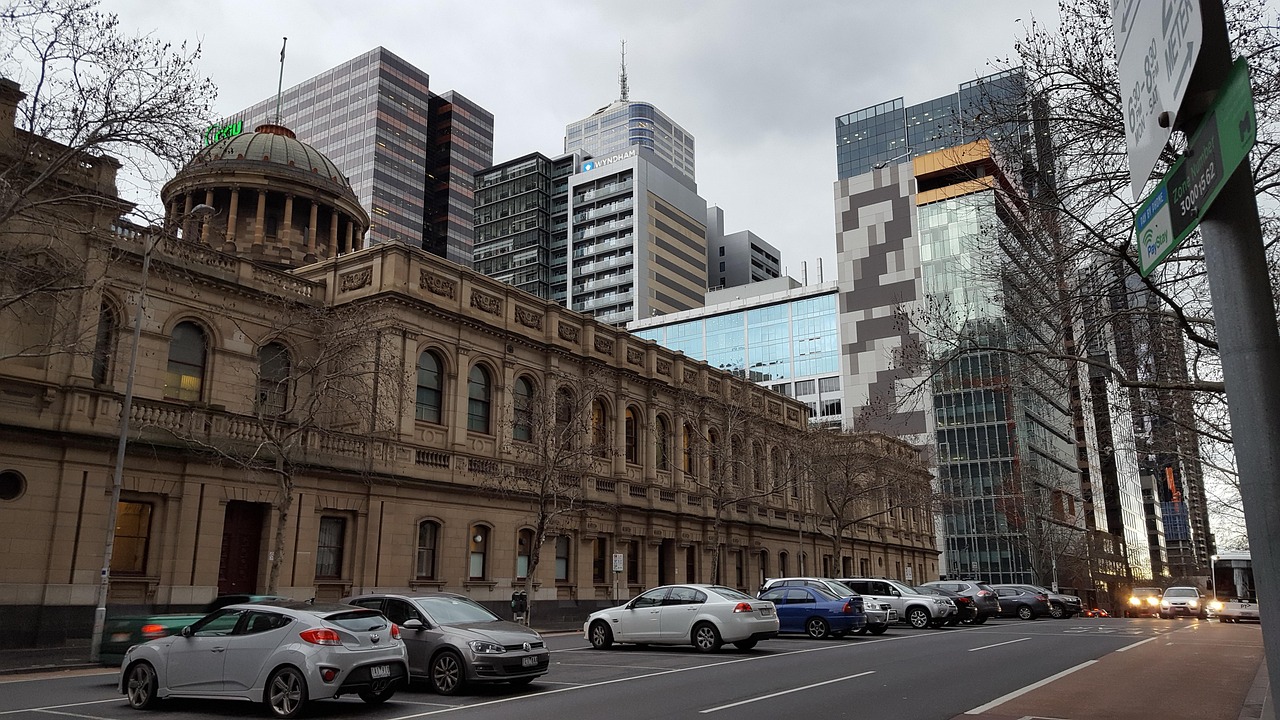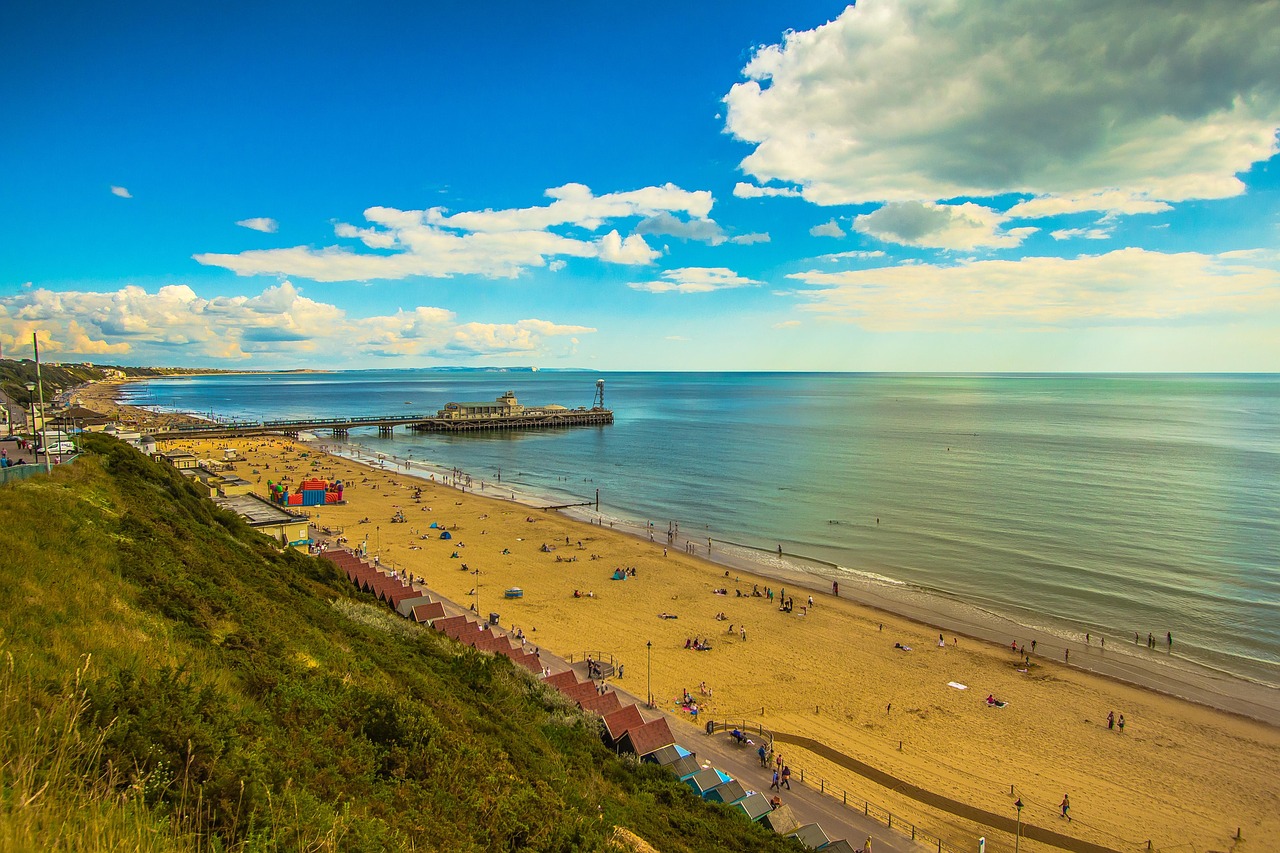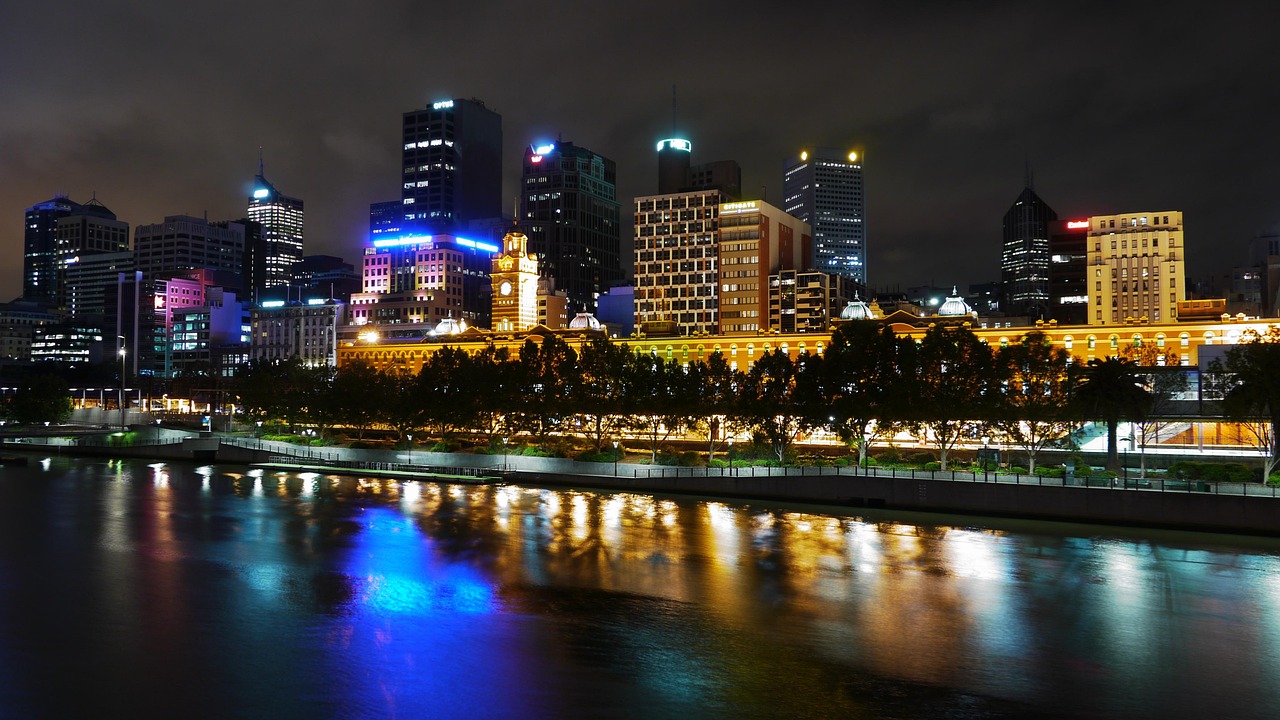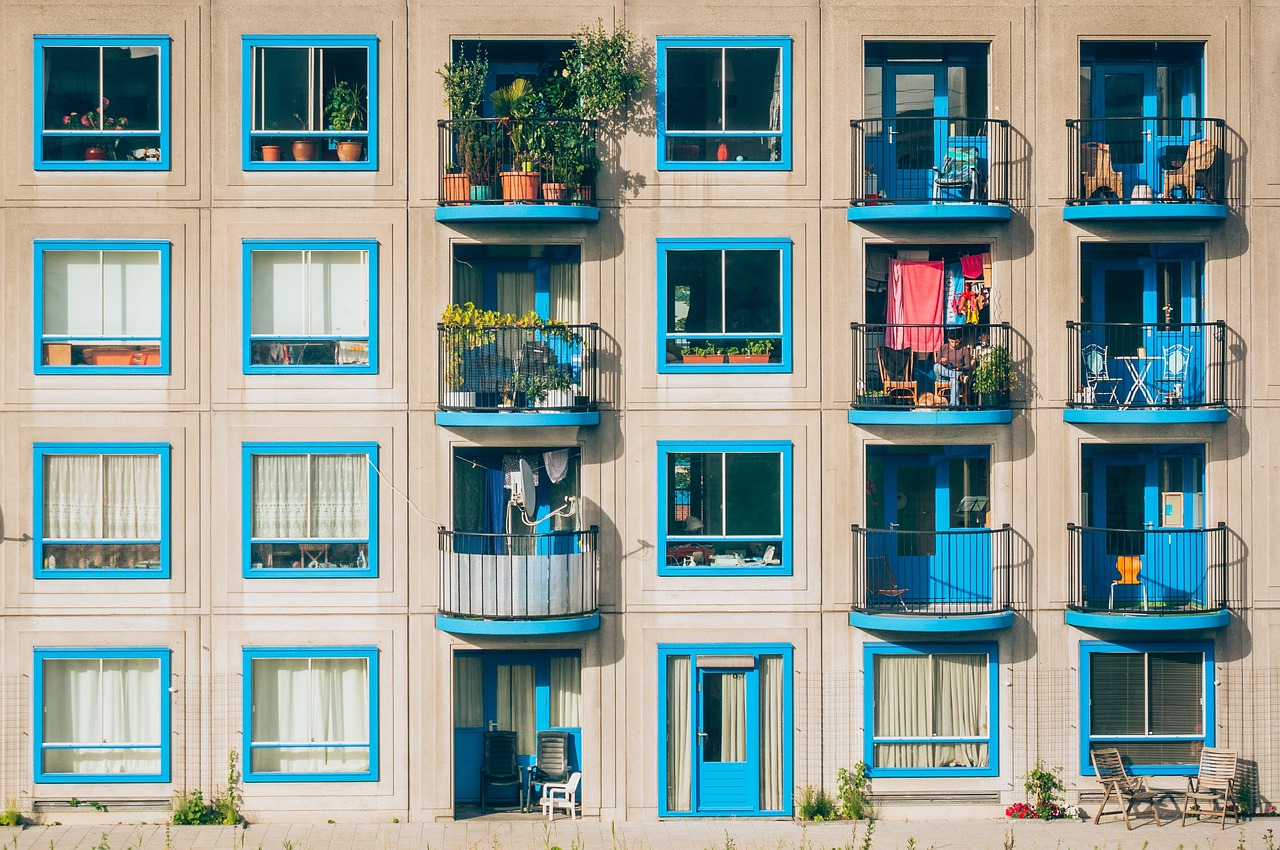Essential Rights Every Melbourne Student Renter Should Know
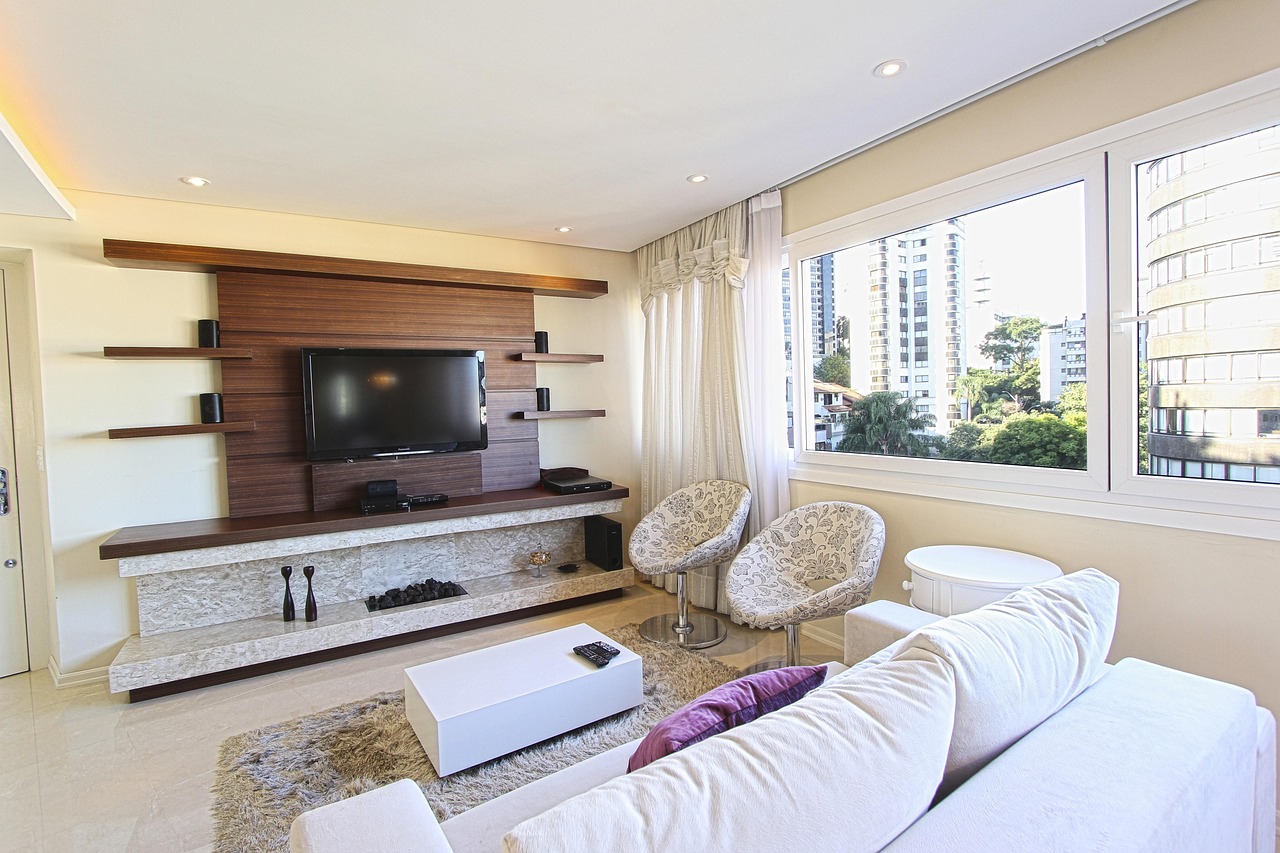
When studying in Melbourne, renting a house is a survival test that most students must go through. As one of the mainstream tenants in Melbourne, students enjoy the same rights and protections as local residents. However, many students, especially international students, do not have sufficient understanding of these rights. The Residential Tenancies Act implemented in Victoria in 2021 has built what can be regarded as the most comprehensive rights protection network for student tenants in the entire country. This article will deeply analyze the basic rights that students can enjoy when renting a house in Melbourne, helping you transform your rental space into a legally protected growth base in this most livable city in the world.
Legal basis: Students Are Protected by The Residential Leasing Act
Whether you are finding student accommodation in Melbourne or private houses/apartment rentals, as long as the rental type complies with the state government's legal definition of "residential rental", students, including international students, enjoy the same rights as all tenants, such as privacy protection, maintenance requests, rent control, and reasonable termination procedures. But there will also be some exceptional cases. For example, dormitories in the university hall of residence provided by universities or Purpose-built Student Accommodation (PBSA) are often not subject to this law, which means that students cannot automatically obtain legal rights under this category. According to the investigation of relevant organizations, students often lack maintenance guarantees and legal dispute complaint mechanisms in these residences.
Rights During The Signing Stage
1. Check The Lease Terms
Before signing the lease, carefully review the lease contract, including the lease term, rent, renewal details, shared facilities, pet policy, etc. Have the right to refuse to sign a blank contract.
2. Deposit Trust
The landlord must hand over the deposit to the Residential Tent Bond Authority (RTBA) within 10 working days and retrieve the confirmation form for the tenant to fill out.
3. Check-in Status Record
The landlord/agent is required to provide a status report before moving in. You have the right to inspect each item together with them and record any existing damages, such as wall cracks and water stains, and keep photos for support.
Rights & Obligations During The Rental Period
1. Maintenance and Health Safety
Tenants have the right to live in a safe, mold-free environment with normal heating, water and electricity. The landlord must respond promptly to emergency repairs such as water leakage, electric leakage, power outages, etc. In case of an emergency or serious situation, tenants can resolve the issue first and receive compensation from the landlord or insurance within a reasonable range.
2. Privacy and Access Rights
The landlord/property management needs to notify you in writing of the inspection date 7 days in advance, usually 2 to 4 times every half a year. The inspection time is only from 8am to 6pm on working days, and each inspection must be within one hour. Entry is not allowed without permission. If the landlord requests to view the property temporarily, as a tenant, you have the right to refuse. If the agent brings people in without informing you, you can immediately call the police and apply for compensation.
3. Rent Adjustment and Payment
The rent can only increase once within 12 months and must be notified 60 days in advance. At the same time, the rent increase notice must include a link to a legal rent assessment tool to prove its rationality. As a tenant, you need to keep all rent receipts or payment records. If the payment is overdue for 14 days, a late notice may be charged, but the tenant can negotiate a plan to avoid the notice.
4. Daily Maintenance and Cleaning Obligations
The tenant is responsible for daily cleaning, such as changing light bulbs and cleaning, while the landlord is responsible for structural problems. If the furniture is damaged or the walls are scratched, the tenant shall be responsible for the repair.
5. Safety and Facility Standards
The landlord must ensure that facilities such as door locks, smoke detectors and water heaters are in normal condition. If there is any non-compliance with the minimum standards, tenants can request maintenance or report to Consumer Affairs.
Sharing A Rental & Subletting
1. Subletting Requires The Landlord's Permission
Joint leasing should be clearly stipulated in the contract. If subletting is required, written authorization from the landlord must be obtained; otherwise, the lease terms will be invalid.
2. Written Agreements and Evidence Records
Be sure to sign a written subletting agreement, a report on the occupancy status and deposit information, and keep evidence of negotiation such as chats and text messages to protect your rights in case of disputes.
Lease Termination & Moving-out Process
1. Formal Notification Process
Fixed-term agreement: Written notice at least 28 days before the end of the lease term; Early termination of the contract requires the payment of a penalty, which usually does not exceed the rent for four weeks of the retention period. Landlords are prohibited from evicting tenants without justifiable reasons.
Periodic lease: A 28-day written notice is also required.
2. The Process of Lease Termination Inspection
Before checking out, update the status report, reflect the status of the items to the landlord/agent, and reach a consensus to ensure a smooth refund of the deposit.
3. Deposit Refund Channel
If the landlord makes no reasonable deduction, it should be refunded within 14 days. If there is any dispute, it can be submitted to VCAT for review.
Special Protection for International Students
If you encounter any uncertainties during the process of renting an accommodation in Melbourne or have already realized that you have been deceived, you can directly seek help at the Study Melbourne Hub.
Note: IndiBlogHub features both user-submitted and editorial content. We do not verify third-party contributions. Read our Disclaimer and Privacy Policyfor details.



